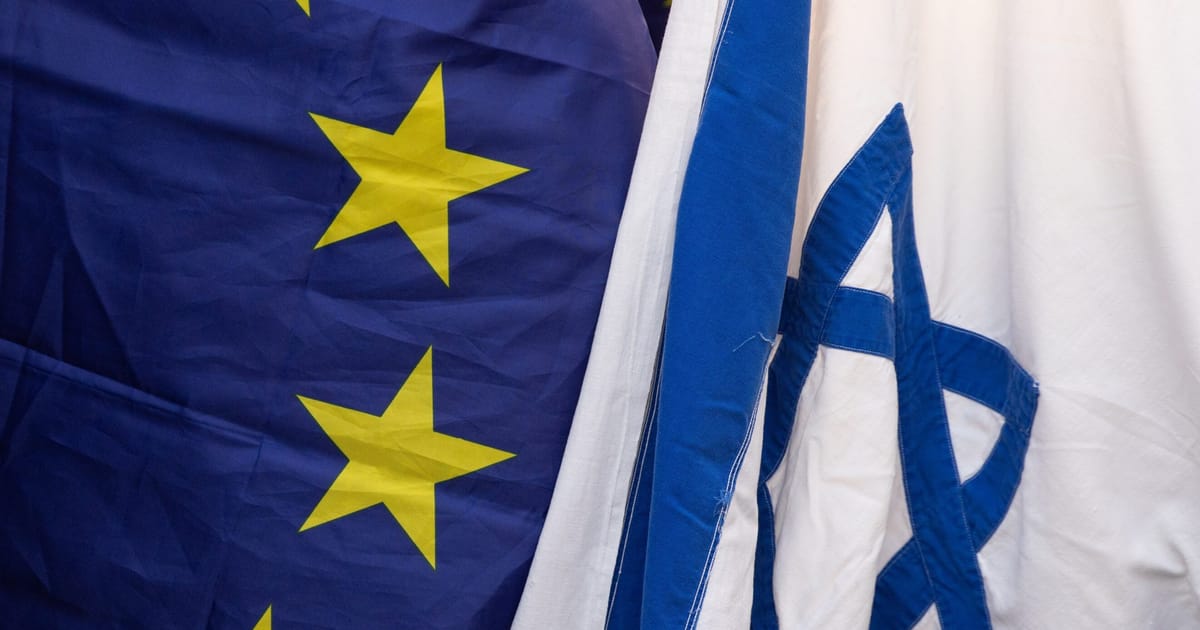The diplomatic arm of the EU, the European External Action Service (EEAS), proposes to “further activate diplomatic channels towards the U.S.” to see it implemented in a way that does not “undermine the viability” of the Palestinian Authority.
Trump announced a truce brokered between Hamas and the government of Prime Minister Benjamin Netanyahu last week, paving the way for the release of all surviving Israeli hostages and a withdrawal of Israeli troops from Gaza.
The EEAS is now seeking support from capitals to advocate for economic and financial barriers facing Palestinian institutions to be dropped and to increase pressure on Israeli settlers illegally annexing territory in the West Bank. It also proposes engaging with the Israeli government, Egypt, Qatar and Turkey “to continue leveraging the pressure on Hamas for a full implementation of the plan.”
By the end of the year, the document proposes ensuring the flow “of aid at scale into and throughout Gaza,” and redeploying its civilian Rafah border crossing assistance mission, EUBAM, as a third-party presence to safeguard the passage of people. If member countries give the green light, the EU will also seek to “explore the monitoring and advising on transfer of goods.”
Brussels also hopes to convince Israel to lift restrictions on humanitarian NGOs operating in the Palestinian territories.
In the longer term, the EU wants to play a role in the removal of landmines, the reconstruction of war-torn Gaza, investment and the facilitation of trade. It intends to use Erasmus — the educational exchange scheme it had previously sought to bar Israel from — as a tool to build trust between communities.

